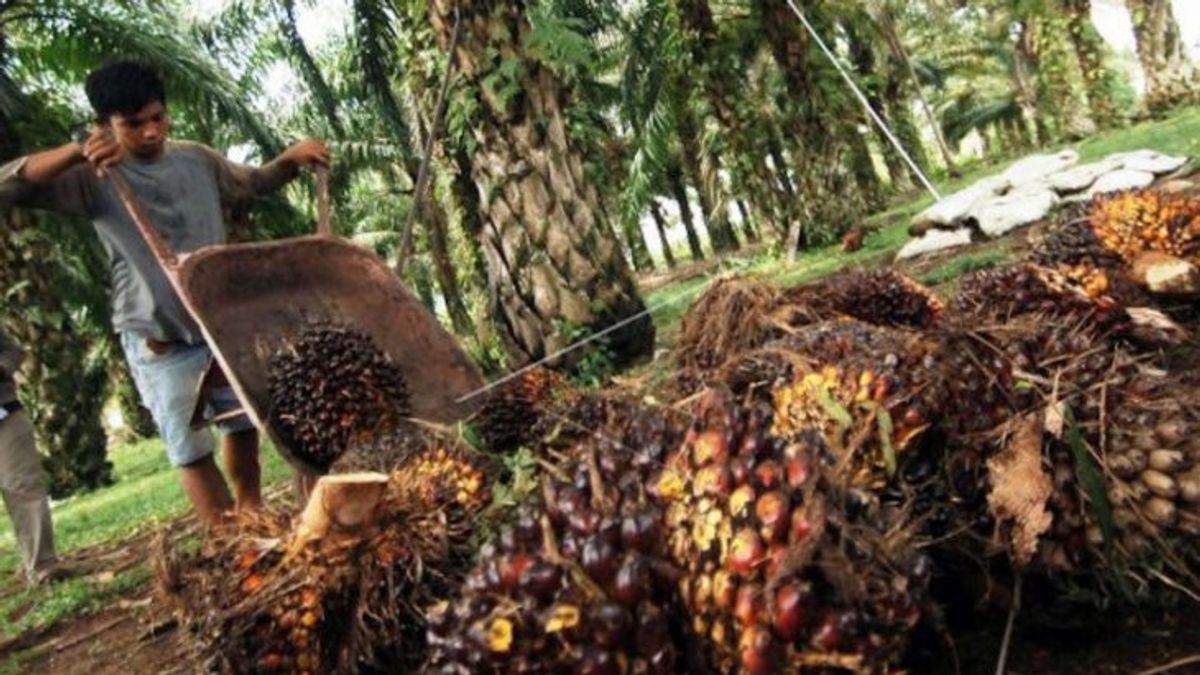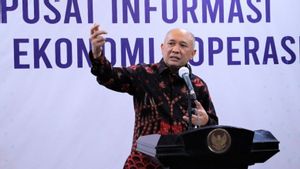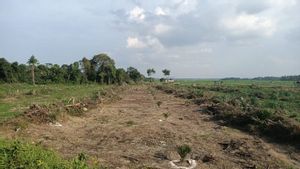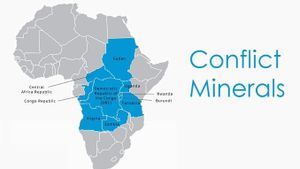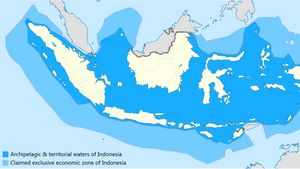JAKARTA - The Ministry of Industry (Kemenperin) is focused on implementing the national policy of downstreaming the domestic palm oil industry in order to create a broad positive impact on the national economy.
The Director General of Agro Industry at the Ministry of Industry, Putu Juli Ardika, said that there were several advantages that had been obtained from the downstream program of the palm oil industry, namely optimizing the absorption of the production of people's farmers (smallholders), providing food, non-food, and renewable fuel, to generating a productive economy based on the processing industry.
"In addition, increasing the acquisition of state foreign exchange from downstream exports of products, contributing to state finances through tax revenues and non-tax revenues, as well as supplying the world's needs for food and energy (feeding and energyizing the world)," he said in Jakarta, on Monday, August 14.
Putu added, the Ministry of Industry has implemented a policy mix consistently in implementing the downstream program of the palm oil industry. This is based on Government Regulation (PP) Number 14 of 2015 concerning the 2015-2035 National Industry Development Master Plan and several regulations on National Industrial Policy.
"The roadmap for the development of downstream oil palm industry is regulated through the Minister of Industry Regulation Number 13 of 2010 concerning Amendments to the Regulation of the Minister of Industry Number 111/M-IND/PER/10/2009 concerning Guidems for the Development of the Downstream Palm Industry Cluster, which is an initiative to determine priorities for the development of downstream oil palm industry," he said.
He said, there are two main policies in accelerating the growth of the downstream palm oil industrial population, namely the progressive exit duty tariff fiscal policy according to the industrial value chain, and tax incentives for new investments or expansion of the autofood, oleochemical, and biofuel industrial sectors.
"Through the pro-industrial-oriented exit duty policy, the growth in the production capacity of the cooking oil, oleopood, oleochemical and biodiesel industries has increased significantly," said Putu.
"These two policies are very effective in encouraging downstreaming of the palm oil industry," he added.
In its history, Putu continued, downstream oil palm industry has been consistently running since 2007. At that time, exports of crude palm oil (CPO) were around 60 percent of total national palm oil exports.
In fact, CPO is used as raw material for the food, non-food, and biofuel industries in export destination countries so that the added value is not enjoyed by domestic.
SEE ALSO:
"The Downstreaming of this sector industry is interpreted as a strategic effort to increase the added value of palm oil through processing so that it becomes a derivative product that has a higher selling value," he said.
For your information, in 2010, the capacity of the CPO (refinery) processing plant was only around 25 million tons. However, through downstream policy, the refinery capacity has tripled to 75 million tons throughout 2022.
Meanwhile, the current installed capacity of the biodiesel plant has reached 17.5 million tons per year, then the installed capacity of the oleofood industry reaches 2.7 million tons per year, and the installed capacity of the oleochemical industry reaches 11.6 million tons per year.
The English, Chinese, Japanese, Arabic, and French versions are automatically generated by the AI. So there may still be inaccuracies in translating, please always see Indonesian as our main language. (system supported by DigitalSiber.id)
